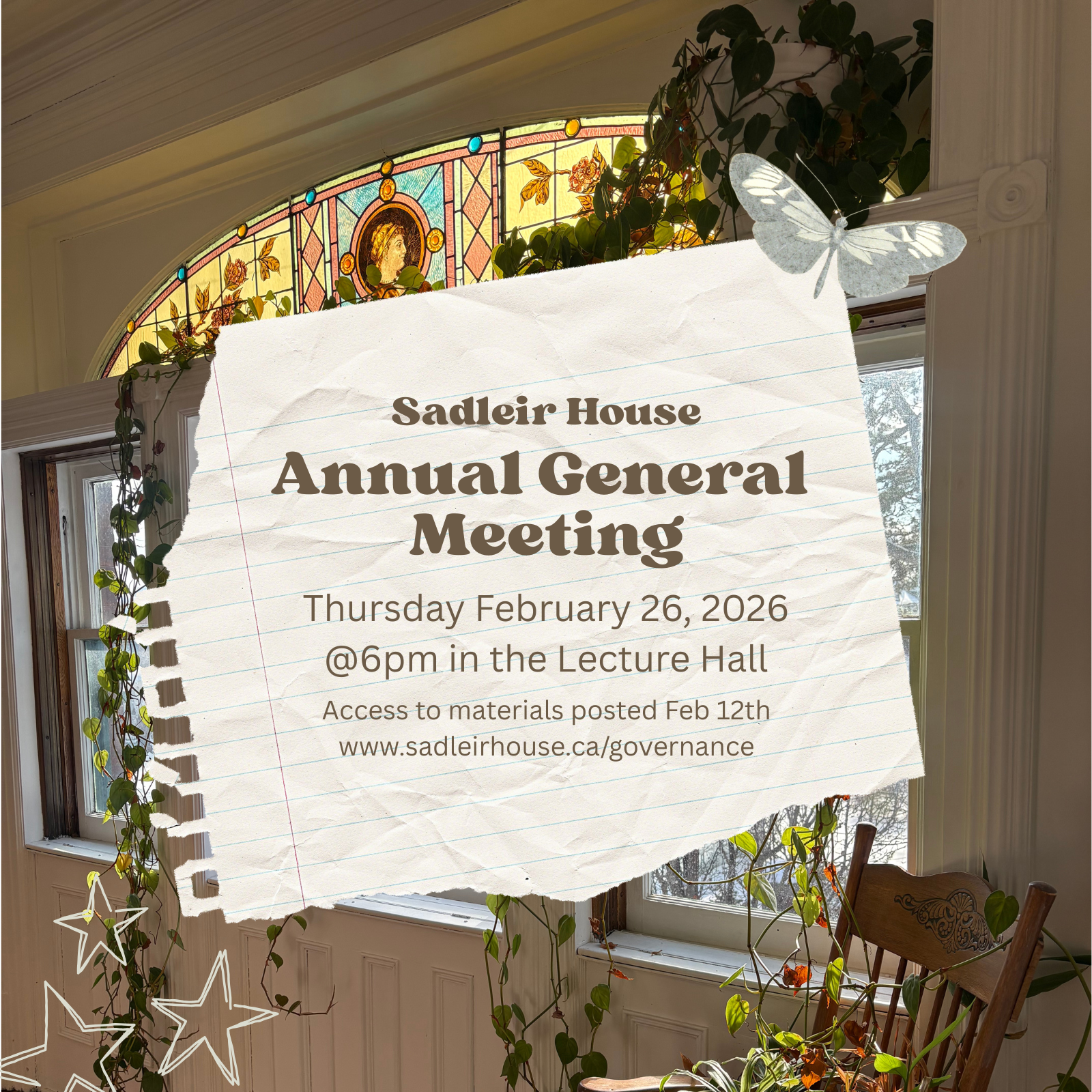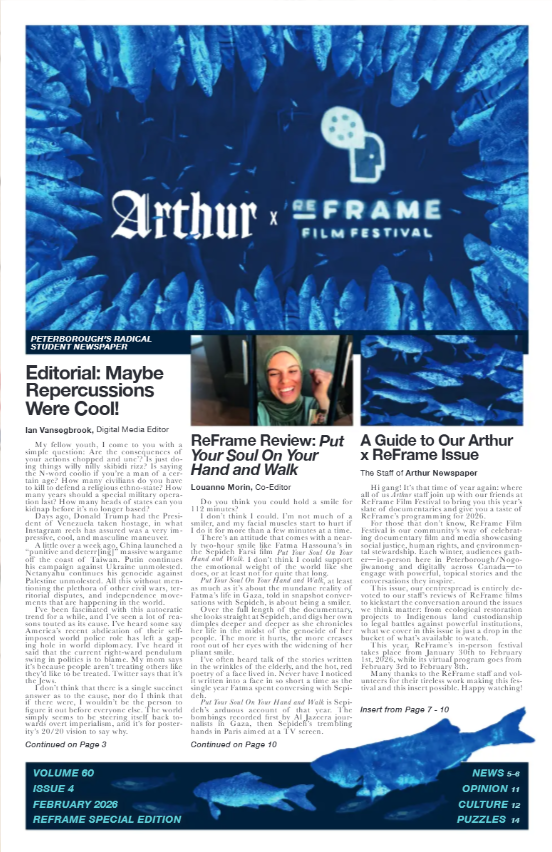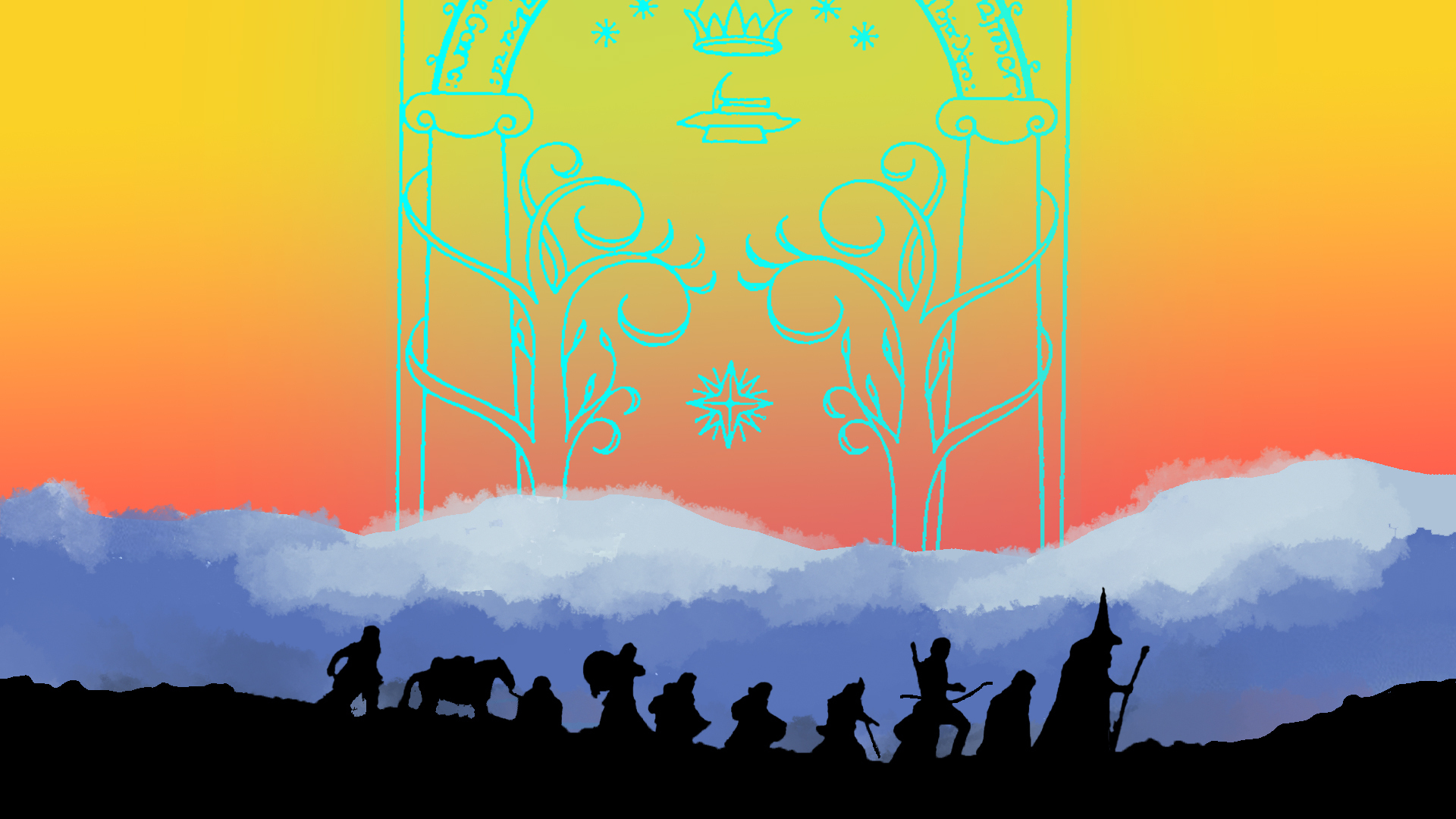Kenya. A 50-year-old Austrian woman. Beach Boys and sex tourism. Racism, sexism, exploitation. Hakuna Matata, no problem.
Ulrich Seidl has a very particular filmmaking method. He and Veronika Franz pen a descriptive script, entirely without dialogue.
Professional actors and non-professional actors are thrown into a moment and in their adoption of a particular role, improvise dialogue on the spot. This adds a spontaneous and documentary feel to the scenes.
But Seidl’s films attain another degree of intensity in that the non-professional actors are not exactly playing a role in the same way the professionals are – the roles given to the non-professional actors are ones in which they find themselves in on a regular day.
This is the case with Paradise: Love (Paradies: Liebe, 2012), the first film of the Paradise Trilogy which, altogether, took four years to make. Seidl and his casting director Eva Roth interviewed numerous Beach Boys to play the part of the fictional Beach Boys of the film.
What is a Beach Boy?
“Young Africans who work on the beach generally selling key rings, boat excursions or safaris and who seek out white women as sexual partners. Many speak fluent German, English and French. In exchange for their services they receive money or large gifts such as a motorcycle, car or house.”
The degradation, exploitation, and façade of love put on by an individual Beach Boy is, in a way, stripped right from their personal past. What is essential for Seidl, in casting actors and non-actors, is an authenticity of personality and appearance.
In Love, Teresa (Margarethe Tiesel) takes a vacation in Kenya. There she meets a fellow Austrian and this new friend convinces her that she should find an African boyfriend, become a Sugar Mama. This ritual is common in Kenya, the Beach Boys pretending to love and pretending to want sex from older white tourists so they can afford to live.
The most debated question of the film then becomes who is exploiting who? Teresa desires love and does not mind paying for it, and the Beach Boys she encounters need to use all of their charm and cunning to exploit meagre sums from their tourist girlfriends.
Seidl has a tendency to present both satirical and disturbing content. We cannot help but laugh at Teresa and co.’s racism and exploitation of the young African men’s bodies, and then quickly feel bad about our complicity in this racism by finding it amusing. Also, in that same moment, we take stock of our privileged economic positions.
NY Times critic A.O. Scott observed the same, calling Love “A tour de force of meticulous cruelty, a comic melodrama that elicits laughter and empathy and then replaces those responses with squirming discomfort.”
Seidl does not shy away from controversy. His films raise a number of ethical concerns, most importantly, as Michael Goddard argued in an essay on Seild’s Import/Export (2007), the exploitation depicted onscreen extends to the exploitation of the actors/actresses by the filmmakers in their production of a feature film that garners them a sustainable income.
Worthwhile aesthetic considerations bubble to the surface as well. Catherine Wheatley suggests ways in which Seidl’s documentary form pushes the limits of what can be seen in a fictional film; the director tests our limits as witnesses to human suffering.
Hopefully, in a small way, this pushing hard against our typical film experience forces us to think more critically about others’ suffering.
For those who attended our screening of Joshua Oppenheimer’s The Act of Killing (2012) on Feb. 19, I see these two films as having much in common.
Please join us for Ulrich Seidl’s Paradise: Love (2012), Wednesday, March 12, 8pm at Artspace (378 Aylmer St. N.). As always, the screening is free.
For more information: www.facebook.com/trentfilmsociety; trentfilmsociety@gmail.com.





.png)












.jpg)



.jpg)




.jpg)
.jpg)

.png)